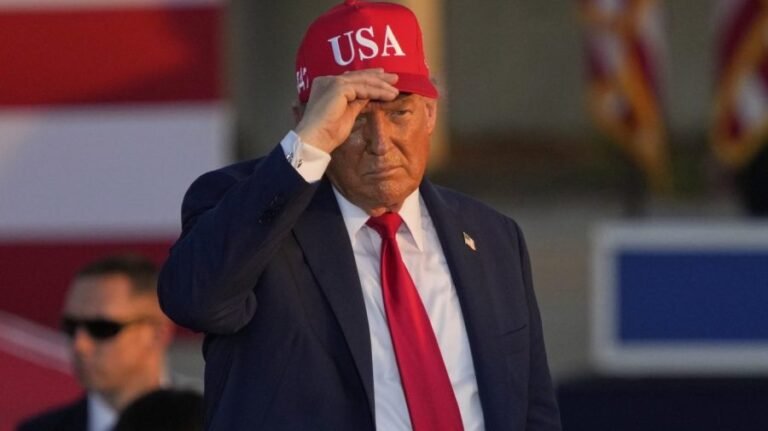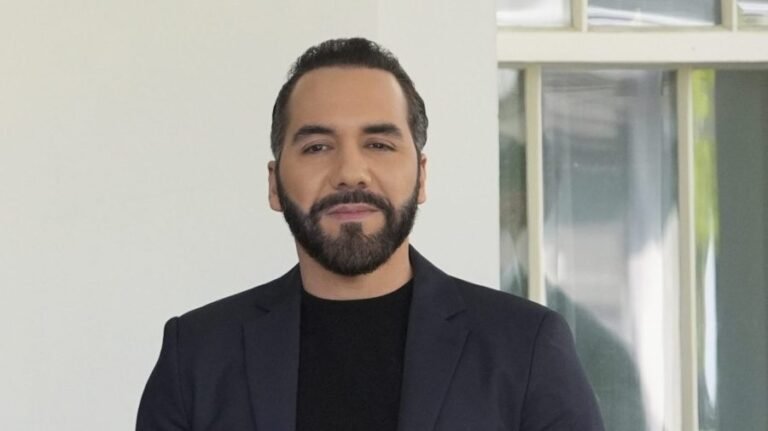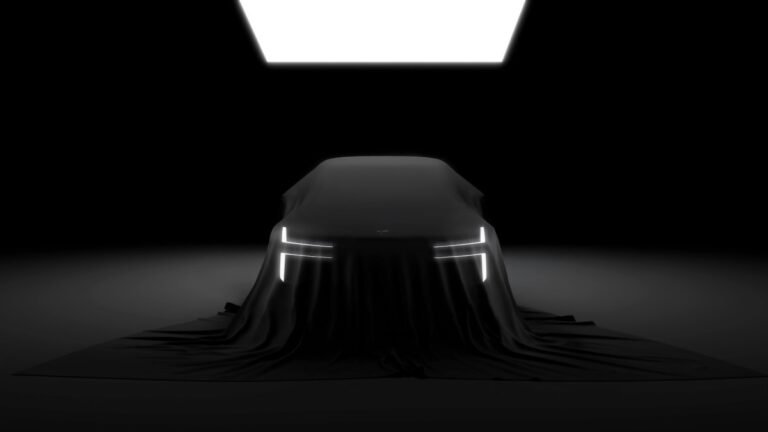The Supreme Court on Thursday said it will consider reviving an evangelist’s challenge to a Mississippi city’s protest ordinance.
Gabriel Olivier, a self-described Christian called to evangelize, asked the justices to let his lawsuit challenging an ordinance barring him from demonstrating outside a Brandon, Miss., amphitheater move forward.
The city, in its opposition to Olivier’s petition, said the ordinance was passed after Olivier with a group called passing individuals “whores,” “Jezebels,” “sissies” and other derogatory names over a loudspeaker at the amphitheater’s busiest intersection.
The ordinance redirects protests and demonstrations to a nearby designated area for three hours before an event and one hour after and bans the use of loudspeakers that are “clearly audible” more than 100 feet from the protest area, the city says.
Olivier claimed in his petition to the court that the ordinance “forbids him” from sharing his faith with fellow citizens outside the amphitheater. He filed suit after being charged with and pleading no contest to violating the ordinance, after he left the protest area because it was “too isolated for attendees to hear his message.”
A federal judge threw out his case, and the U.S. Court of Appeals for the Fifth Circuit affirmed, citing Supreme Court precedent that people convicted of a crime can’t file civil lawsuits against police or other officials. The full appeals court declined to rehear the case by a one-vote margin, over several dissenting opinions.
“It sends an odd message to citizens who care about defending their constitutional rights,” Judge James Ho wrote in one dissent. “On the one hand, we tell citizens that you can’t sue if you’re not injured. But on the other hand, we tell them that you can’t sue if you are injured.
“Citizens like Olivier deserve their day in court,” he added.
Olivier asked the justices to clarify whether their 1994 decision in Heck v. Humphrey bars lawsuits like his. A decision is expected by next summer.




